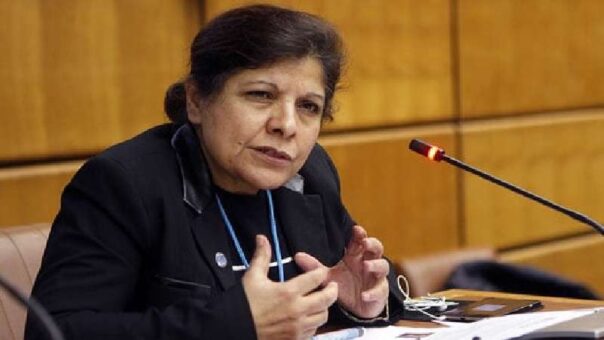Pakistan’s State-Owned Enterprises (SOEs) incurred significant annual losses of around Rs500 billion during the year 2022 due to inefficiencies and mismanagement, according to Dr. Shamshad Akhtar, the Caretaker Federal Minister for Finance, Revenue, and Economic Affairs.
Addressing a press conference, Dr. Akhtar highlighted the financial challenges faced by SOEs, which include both profit-making and loss-making enterprises. She noted that while some enterprises earned an aggregate profit of Rs330 billion, primarily through oil and gas companies, overall losses to the national exchequer amounted to Rs500 billion. This stark contrast underscores the dire need for systemic reform across the SOE sector.
Dr. Akhtar attributed the challenges faced by SOEs to factors such as a lack of autonomy, external interference, weak management, limited accountability, and inappropriate boards. These issues have not only resulted in financial losses but have also led to a decline in the quality of services provided by these enterprises. For instance, frequent disruptions in power supply and inefficiencies in transportation services have adversely impacted the public.
She emphasized the need for reforming SOEs, citing the successful transformation of the banking industry in Pakistan through privatization as an example. Dr. Akhtar noted that privatization could bring about improved efficiency, better management, and enhanced service delivery. She also mentioned that the government is in the process of reviewing the State-Owned Enterprises Policy, with the aim of capacity building for SOEs. This review includes assessing the governance structures and operational frameworks of these entities to ensure they are aligned with modern business practices.
The minister shared a list of the top ten profit-earning and loss-making organizations for the fiscal year 2020. Among the profit-earning companies were Oil and Gas Development Company Limited, Pakistan Petroleum Limited, and National Bank of Pakistan. In contrast, loss-making entities included Quetta Electric Supply Company, National Highway Authority, and Pakistan Railways, among others. The stark disparity between these organizations highlights the uneven performance across the SOE sector.
Dr. Akhtar highlighted that the government is committed to addressing the challenges faced by SOEs and improving their performance. She also mentioned the establishment of a data hub for monitoring SOEs’ performance, which will enable more transparent and efficient oversight. Furthermore, she emphasized the role of the Federal Ministry of Privatization in the privatization process, with the Ministry of Finance providing advisory support. The collaborative effort aims to ensure that privatization is conducted in a manner that maximizes value for the public and enhances the operational efficiency of the enterprises involved.
In conclusion, Dr. Akhtar reaffirmed the government’s dedication to reforming the SOE sector, ensuring that these enterprises contribute positively to the national economy rather than being a financial burden. The path to reform may be challenging, but with a strategic approach and commitment to good governance, the potential for turning around these enterprises is significant.
